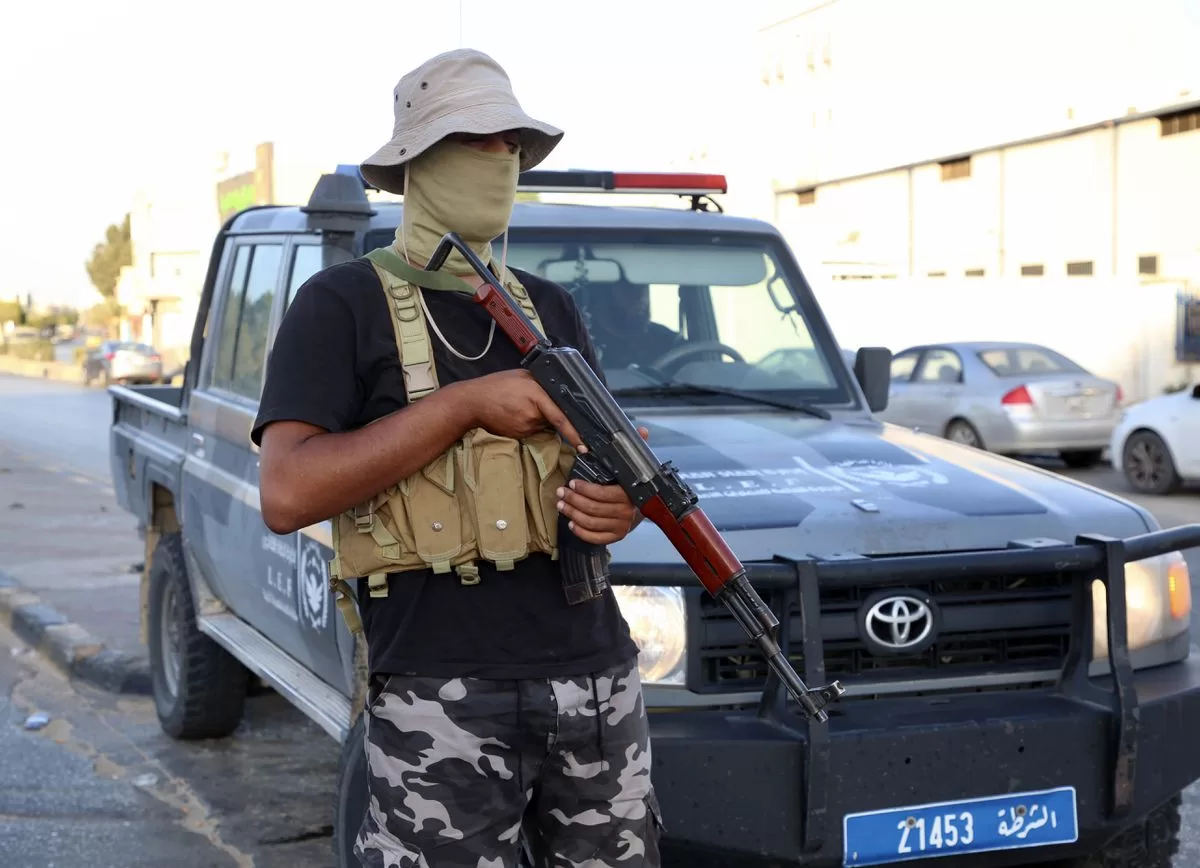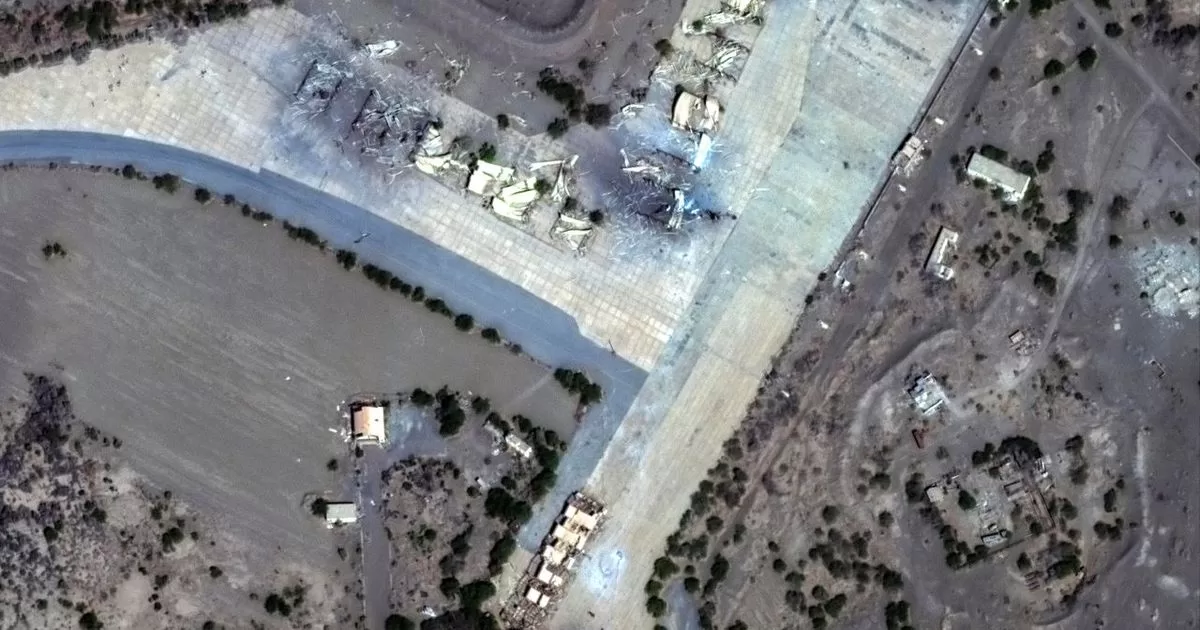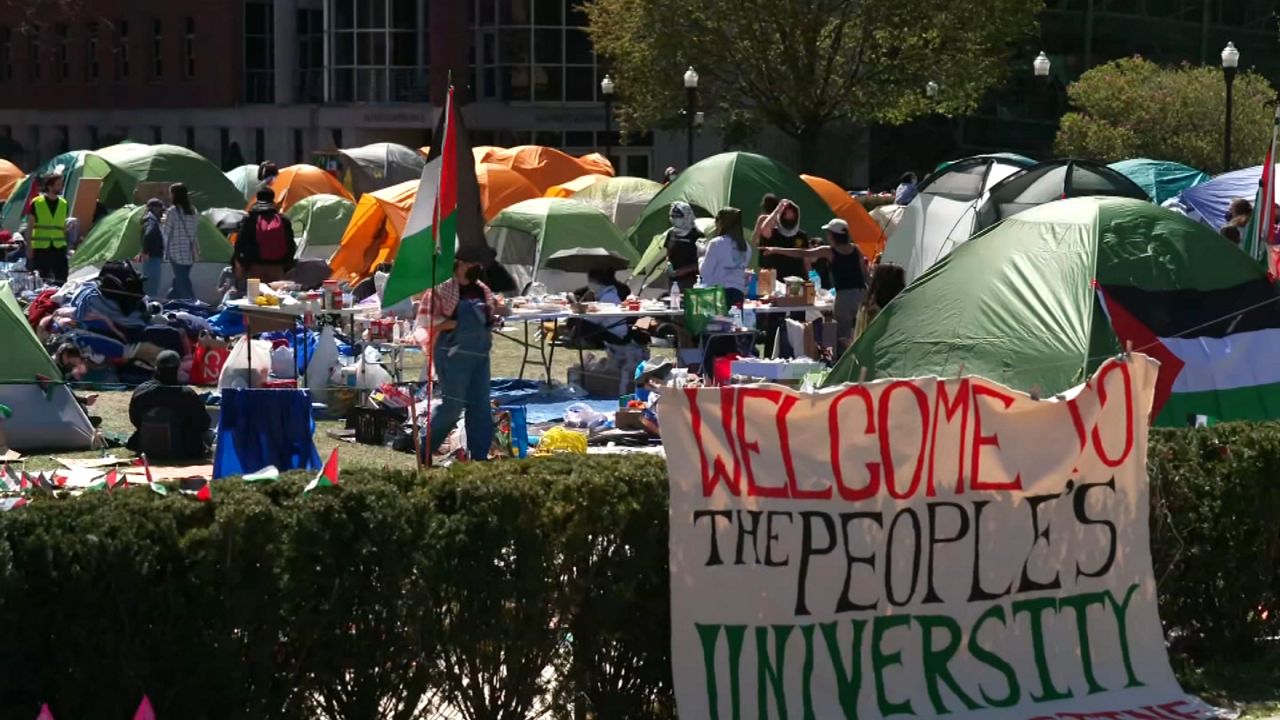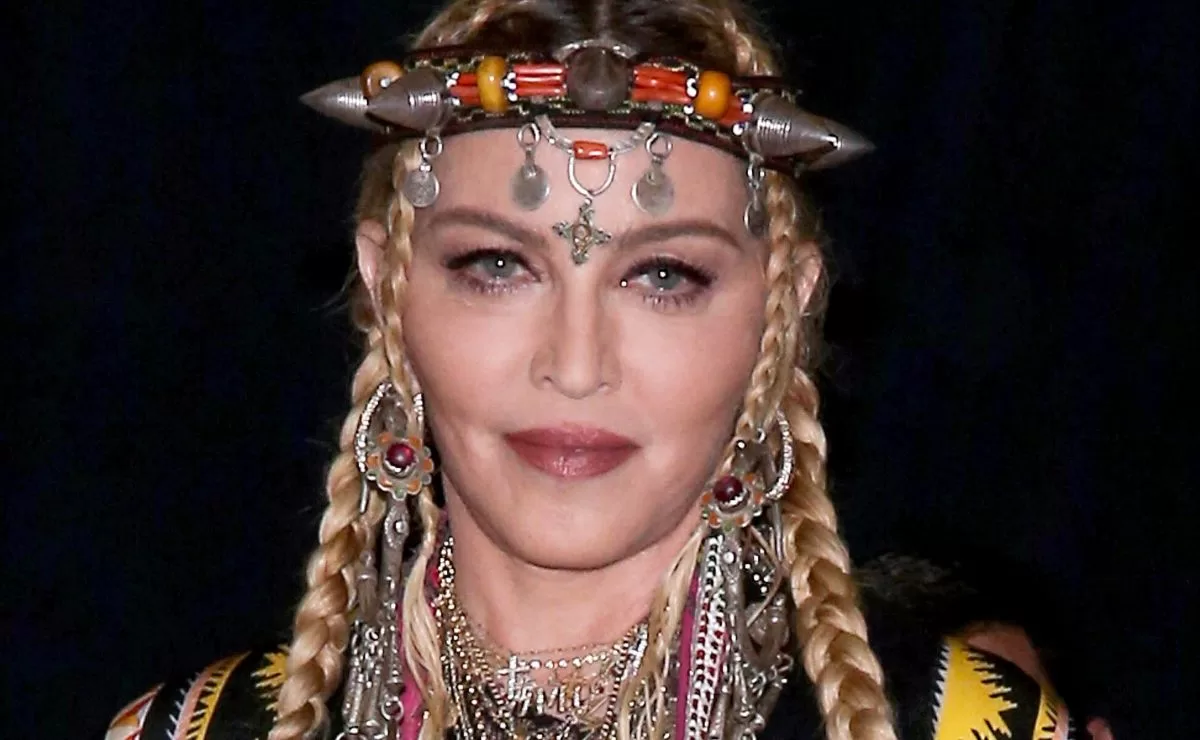The arrest of Mahmud Hamza, leader of the 444 militia, one of the most powerful in Tripoli, at the hands of a rival armed group triggered the umpteenth round of clashes between armed groups in the Libyan capital on Tuesday. According to the local press, the clashes, the most violent in the last year, have resulted in at least 55 fatalities and 146 injuries. After an agreement sponsored by the Government of National Unity (GUN), on Wednesday morning, Tripoli seemed to have regained calm, although shots and an explosion could still be heard sporadically.
Although the “Special Dissuasion Forces” militia (known as Rada) has not made explicit the reason for Hamza’s arrest, some observers pointed to the fight for control of the Tripoli airport between the two armed groups as the most likely cause of the current conflict. The GUN plan for the reconstruction of the capital’s international airport revealed a few months ago gives the 444 militia control of the security of the infrastructure to the detriment of the interests of the Rada, which would have decided to take action.
On Tuesday night, the GUN Prime Minister, Abdulhamid Dbeiba, visited the areas hardest hit by the fighting, which were located in the southern neighborhoods of Tripoli and forced the eviction of hundreds of families. His gesture was intended to make visible the end of hostilities thanks to an agreement reached after mediation by his government and which involved the handing over of Hamza to the Stabilization Support Unit, a neutral security body under the supervision of Dbeiba. In theory, Hamza will remain in the custody of the Apparatus while a lawsuit against him is resolved.
“The root of the conflict lies in the will of the Government of National Unity to weaken the strength and power of the Rada, which is a militia with a jihadist ideology, and for other groups to take its place. And of course, Rada is not going to accept it resignedly,” says Bechir Jouini, an analyst specializing in Libya, who believes that the big question now is whether the clashes are going to influence an upcoming meeting between the Libyan factions called by the representative of the UN in Libya, the Senegalese diplomat Abdulaye Bathily.
Both militias, the most powerful of those present in Tripoli, are part of the heterogeneous alliance that supports Dbeiba, elected in 2021 under the auspices of the United Nations, although his mandate has already expired, like most institutions in a country in a state of perpetual institutional lockdown. While Dbeiba controls the western half of Libya, in the eastern region, Cyrenaica, there is another similar alliance of tribes, parties and militias, led by General Khalifa Hafter.
Join EL PAÍS to follow all the news and read without limits.
subscribe
The incident in Tripoli highlights the extent to which politics in Libya is fragmented and troubled. Although, broadly speaking, the Maghreb country is divided into two large blocks, these are not static or monolithic, as they welcome groups with very different interests and visions, and often even conflicting ones. The struggle for power in Libya is not only between the institutions of the East and the West, but within each of these territories. In addition, discrepancies also tend to arise over the negotiations with the rival block on the future of the country, and there are even sometimes militias or institutions that change sides.
No stable political system
This panorama of incessant conflicts, which sometimes lead to violent outbreaks, is what the Libyan population has suffered for more than a decade. So far, all attempts to create a stable political system have been unsuccessful. The last one was the holding of presidential elections at the end of 2021, which ended up being postponed. sine die due to existing political and logistical obstacles.
Bathily has tried to propose a new electoral horizon this year, but everything indicates that the initiative will suffer the same fate as the previous ones. In theory, almost all Libyan political actors want a central state with strong institutions, but only on the condition that they fall under their control. And given the impossibility of that happening, instability and misrule are eternalized.
Follow all the international information on Facebook and Twitteror in our weekly newsletter.
Subscribe to continue reading
Read without limits







